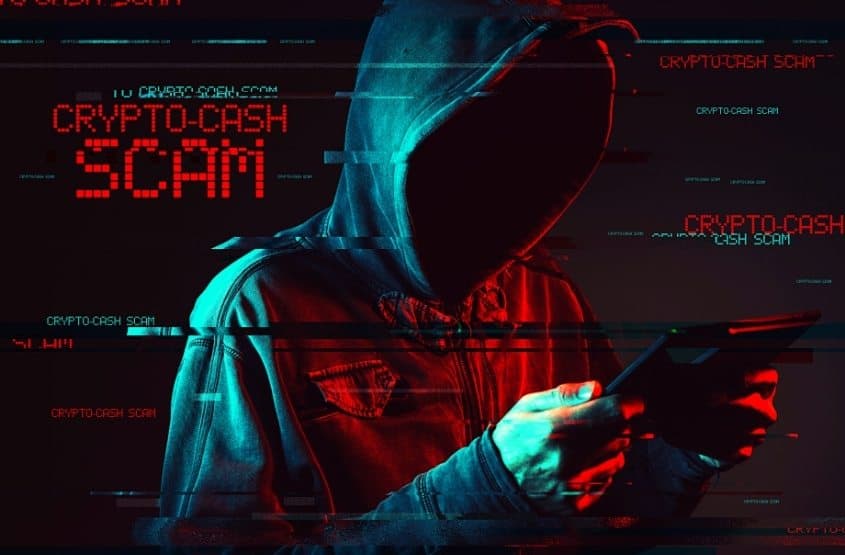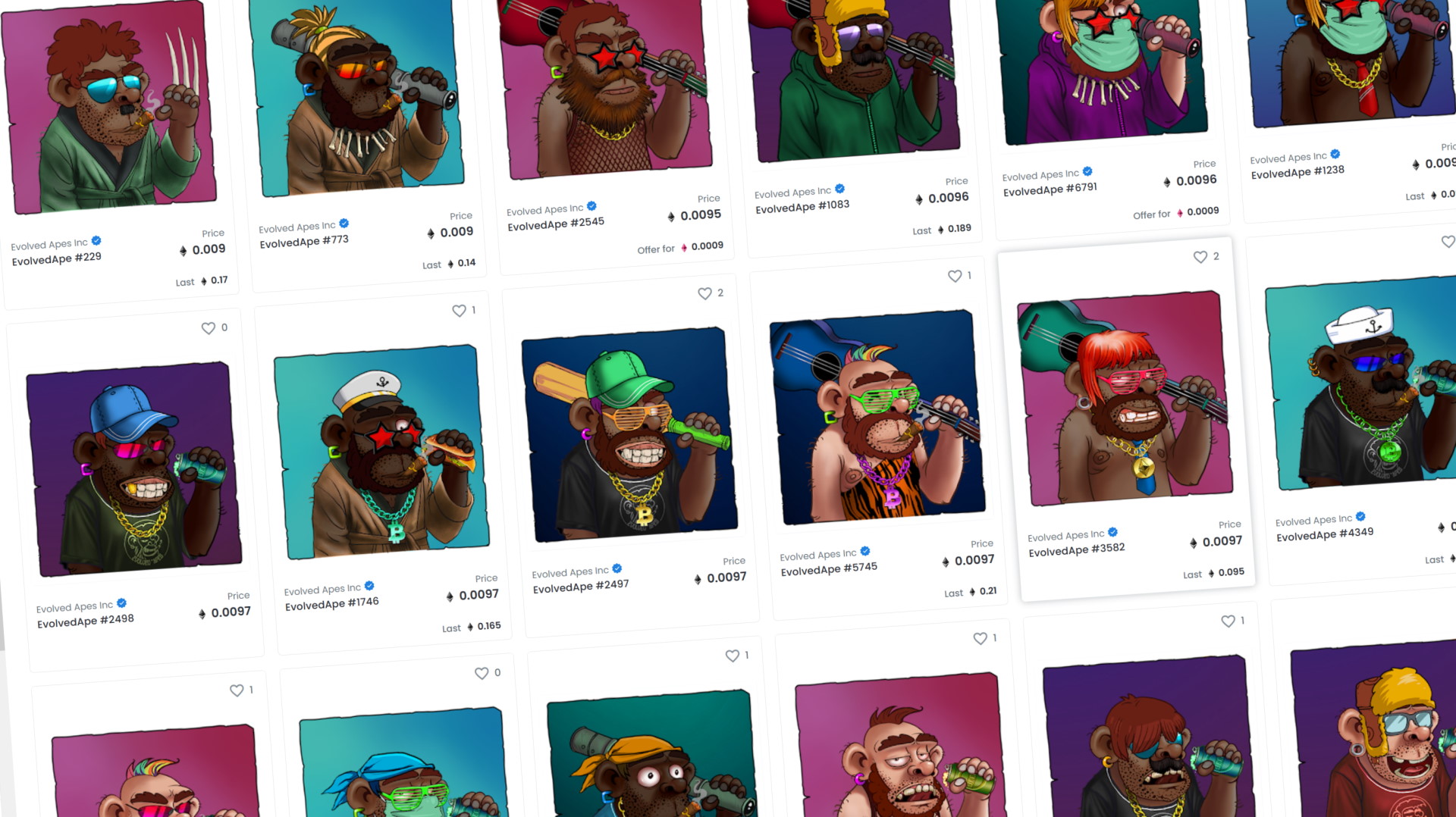
How to avoid fraud in NFT?
The explosion of NFTs has a foreseeable consequence, as investors, collectors, artists, traders, and creators, are increasing, scammers are also inevitable. For an investor in NFT, caution is the greatest asset.
With an industry where there are pieces of NFT currently worth millions of dollars, the appeal of being part of something booming is inevitable. In this scenario, novice buyer scams are common. How to detect and avoid being cheated on NFT?
What are the most common NFT scams?

Fake NFT Stores: A common thing is that the scammers are large teams that replicate entire MarketPlace NFT sites, such as OpenSea. Replicating entire platforms is such a complex fraud that even a seasoned buyer could be fooled. The goal is, of course, to make you spend large amounts of money on a work of art with no real value.
To avoid falling for this common and well-crafted NFT fraud, there are some basic tips:
- Investigate the NFT of interest in depth. Often, an NFT that on any platform can be found valued at multiple ETH, could on a fake marketplace, appear for only a fraction of its conventional price. Another way to find out is that most of your buyers will be unverified accounts. Large sellers typically have a blue verification icon next to their username.
- In addition to verification, consulting the list of unique properties will verify all occasions that the part has had an owner. A fake NFT will not have any properties listed.
- Checking the address of the smart contract is always an infallible method, the security of an NFT lies in its security standards, which prevent duplication. Knowing where an NFT was minted and its compatibility with contracts will always be the best way to avoid being the victim of a fraudulent purchase.
Fake social profiles:
An extension of the previous case is the use of almost identical social profiles. These accounts are designed to convince users of their legitimacy and sell fake NFT artwork to them.
Not only that, but these accounts are also intended to obtain any benefit from any user, always based on deception. As in the Marketplace, and the NFT site, the validation of its authenticity can be easily distinguished with the verification icon.
Fake social networks are not only a matter of the NFT project, but also of the artist. The basic premise is: If the price is considerably low, be suspicious until the last moment.
Fake customer service platforms:
In addition to social networks, website, and marketplace. Scammers can be adept at replicating “customer service platforms.” Discord channel spoofing is very common. In them, scammers seek to obtain sensitive data from users, such as access to their wallet.
The best way to avoid this bad experience is to enter the service channels directly from the official platforms, and not from google or discord searches.
Investor scams:
In the acquisition of NFT there are two different types of consumers: Those who invest in a project, and those who buy NTFs. As investors, there is always a high risk for those who invest in an NFT project, since their projection is to see that this collection eventually becomes listed and manages to increase its value.
In September 2021, the developer of an NFT called Evolved Apes, left the project with about 2.7 million dollars in investments.
Among other things, the project promised the development of NFT in several phases, the drawing of pieces of art, the integration of a game, and a continuous investment for the development of the project. Finally Evolved Apes is a project for which even the artist was not fully paid.

Gift scams:
Gift scams are another well-known NFT fraud scheme, and it basically consists of Phishing: A fake NFT account contacts a twitter user or discord to make him believe that he won an NFT, eventually this user will connect his wallet to validate his access. By doing this, the user can count on their funds being drained immediately.
Although it is an elementary scam, and quite simple to implement, its victims can number in the thousands. Everything is in the verification, regardless of the type of user, inexperienced, collector or investor, many frauds can be avoided by following the trace of the alleged account, checking their social networks, their website, developers, smart contract, even the community itself of each project, it will undoubtedly be a verification exercise that will give you a lot of peace of mind.
NFT scams are renewed day by day, and as there are more measures to make a transaction safe in this medium, criminals diversify and make their Scam practices more and more innovative. It is worth keeping us always up to date.

Leave A Comment